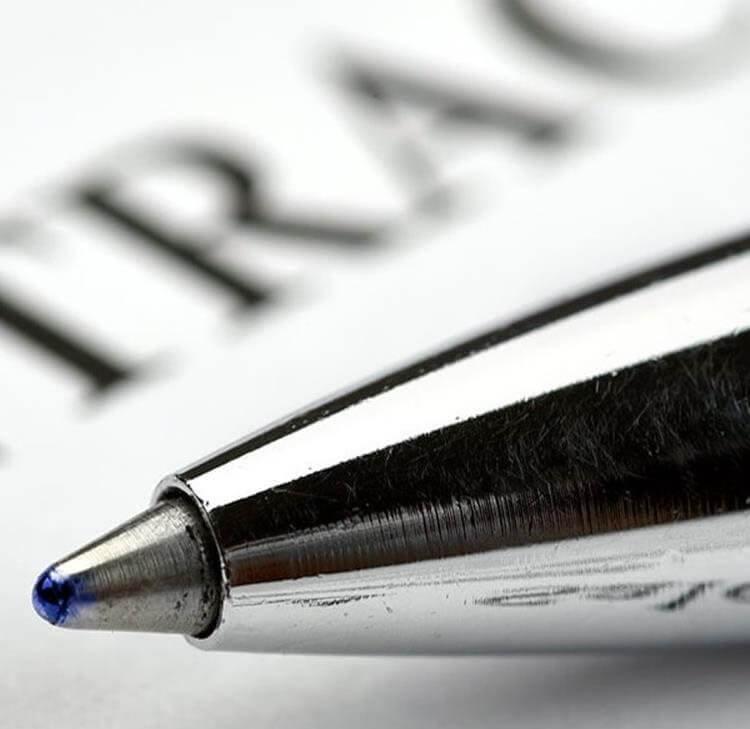Welcome Land Registry change of practice on executing deeds
In view of the difficulties of arranging for deeds to be printed and distributed in the current climate the Land Registry announced on 1 May that certain deeds signed using the Mercury signing approach will be accepted by the Land Registry for registration purposes.
Please note: the information contained in this legal update is correct as of the original date of publication
In our article on 3 April (click here), we discussed how deeds and documents could be signed by a signatory returning to their solicitors a PDF scanned copy of the signed signature page of a document together with (as part of the same email) a PDF copy of the agreed final version of the relevant document (the so-called ‘Mercury signing approach’). However, at the time, we commented that this option was not available where a wet-ink signature is required for Land Registry purposes.
In view of the difficulties of arranging for deeds to be printed and distributed in the current climate (and bowing no doubt to concerted pressure from various parties interested in keeping the property market moving), the Land Registry announced on 1 May that, from 4 May, certain deeds signed using the Mercury signing approach will be accepted by the Land Registry for registration purposes.
The Land Registry has set out in one of its Practice Guides the steps to be taken to execute a deed using the Mercury signing approach. They are:
- Final agreed copies of the deed are emailed to each party by their solicitors (in practice, for convenience, most solicitors will email as PDF copies both the agreed final version of the deed and, separately, the signature page).
- Each party prints the signature page only.
- Each party signs the signature page in the physical presence of a witness (to maintain social distancing, the Land Registry suggests that a signature could be witnessed by someone looking through a car or house window).
- The witness signs the signature page.
- Each party sends a single email to their solicitors attaching both the final agreed copy of the deed and a PDF/JPEG or other suitable copy of the signed signature page (where people are working from home, the easiest way to do this is probably to take a photograph of the signed signature page and to use one of the available apps to convert this to a PDF document).
- The transaction is completed.
- The solicitors apply to register the deed and include with the application the final agreed copy of the deed and the signed signature page (or pages) in the form of a single document.
- The application is processed by the Land Registry in the usual way.
Whilst this change of heart from the Land Registry is to be welcomed, use of this process does have its limitations. In particular, many deeds that need to be registered have plans that must be signed by the parties and the new Land Registry guidelines make no mention of whether the Mercury signing approach can be used for signing plans (and even if it can, as plans have to be in colour, to scale and not distorted, this is likely to be beyond the capability of most people’s domestic printers). The guidelines also fail to mention if the process can be used where a company executes a document through two directors (or a director and the company secretary).
The Mercury signing approach does still require the signatory and the witness to sign the signature page in wet-ink. With the exception of certain mortgage deeds where a domestic property is being remortgaged (which the Land Registry has accepted for some time using its own system), the Land Registry will not currently accept for registration deeds signed electronically. Whilst the Land Registry does have understandable concerns about the potential for increased fraud, some accommodation for electronically signed deeds would be a further welcome ‘shot in the arm’ for the real estate industry in these difficult times.
Contact

David Harris
Professional Development Lawyer
david.harris@brownejacobson.com
+44 (0)115 934 2019








































